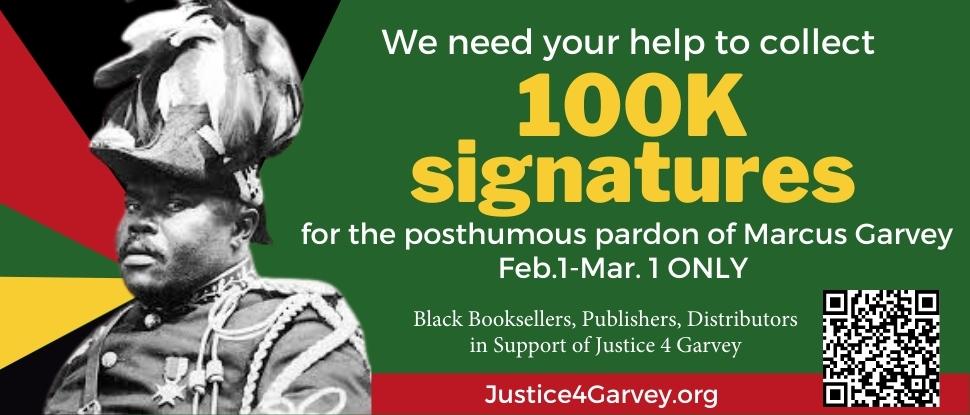ABOUT MARCUS GARVEY
Marcus Garvey was a self-starter who achieved unparalleled success despite the obstacles of his time. Born in Jamaica in 1887, the youngest of eleven children and the son of a mason and a domestic worker, Garvey yearned for greatness at a young age. He moved to the United States and built the largest black organization in history, the Universal Negro Improvement Association (UNIA), with a membership comprising nearly 6 million people worldwide. The Negro Factories Corporation, UNIA’s financial empowerment and employment division, put hundreds of black men and women to work.
In his most ambitious work, Garvey, working alongside four other investors, founded the Black Star Line in June 1919 as the first and only black-owned shipping line of its time. The company was incorporated with capital stock equivalent to $5 million today. Garvey served as the company’s president. It was the audacity of founding the Black Star Line that drew the attention of federal investigators, and ultimately, the company’s financial downfall led to Garvey’s prosecution for mail fraud in a trial replete with reversible error and questionable evidence.
The Political Prosecution of Marcus Garvey
- Garvey was a firebrand who delighted in public speaking and knew how to ignite the passion of crowds of thousands. Multiple government agencies-including the Bureau of Investigation (the present-day FBI)- feared this power and sought to neutralize Garvey’s influence by aggressively targeting him.
- Beginning in September 1918, a “confidential employee” of the New York Police Department and later, at least four special agents of the Bureau of Investigation, attended Marcus Garvey’s meetings and surveilled his activities in order to gather intelligence to create a criminal case against him.
- J. Edgar Hoover employed invasive tactics against Garvey, an early target of Hoover’s now infamous surveillance programs. These methods included trying to catch Garvey in the act of sleeping with a female employee whom Garvey later married. The Bureau of Investigation also recruited its first black undercover agent to spy on Garvey’s work. The agent posed as a Garvey supporter and secured a position within Garvey’s organization.
- In 1923 - five years after government agents first began monitoring Garvey in the hopes of building a case against him - Garvey was convicted for supposedly defrauding one investor out of $25. He was sentenced to five years in prison.
- Amidst public outcry, then-Attorney General of the United States John Sargent questioned the merits of Garvey’s conviction, stating: “I am inclined to think that the facts as reported to the Department are perhaps somewhat severely stated and are susceptible of modification and explanation in many respects.”
- On the recommendation of Attorney General Sargent and with the support of 9 of the 12 jurors who voted to convict, Garvey’s sentence was commuted by order of President Calvin Coolidge on November 18, 1927. Despite the strong case in support of his petition, President Obama refused to grant Garvey a pardon.
- In light of the politically-motivated biases and prosecutorial misconduct at the root of his trial, a pardon for Marcus Garvey is warranted to rectify a miscarriage of justice that has persisted for far too long.


